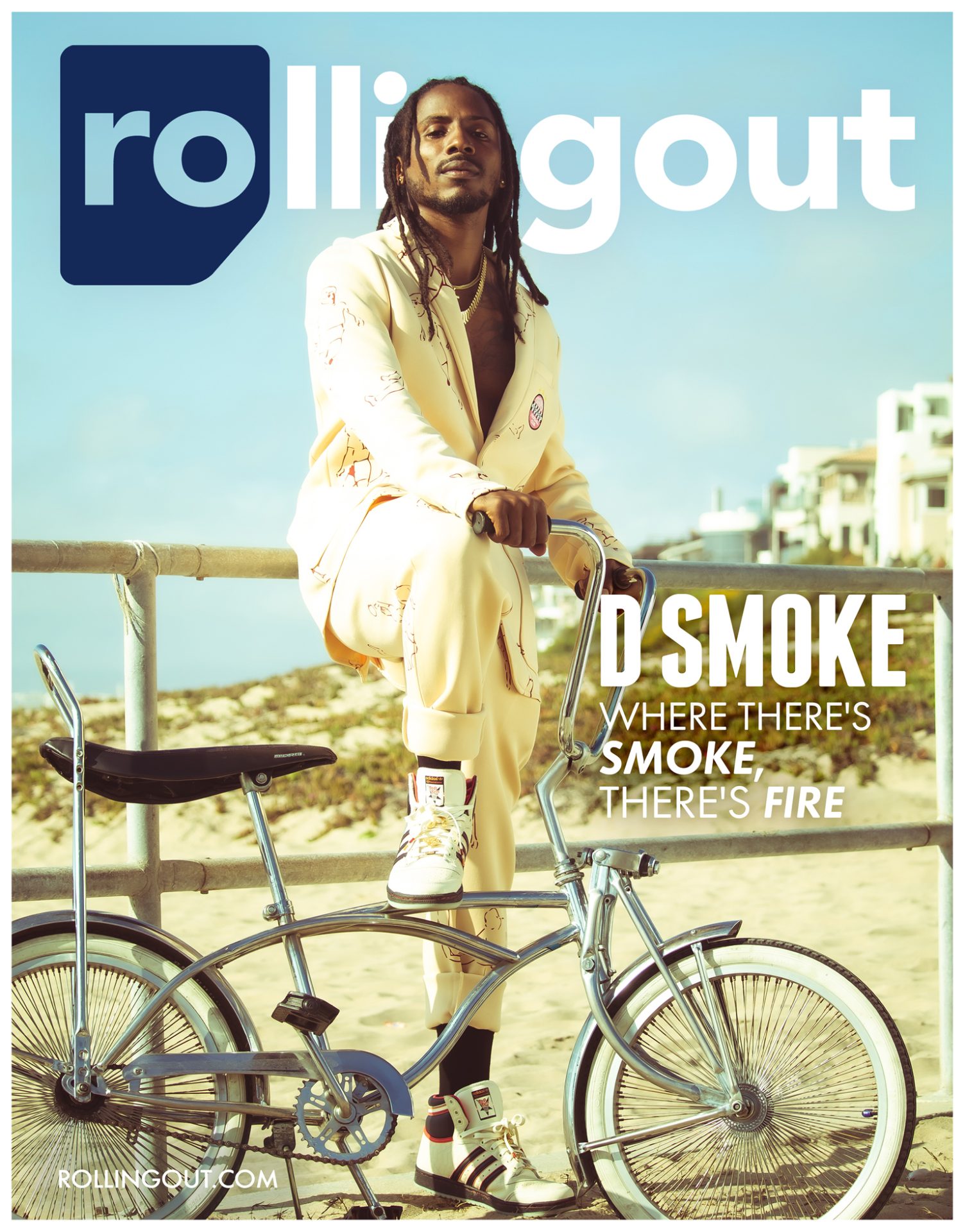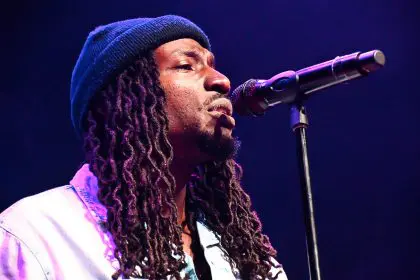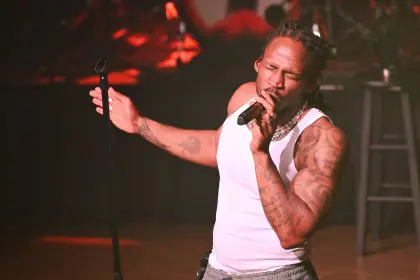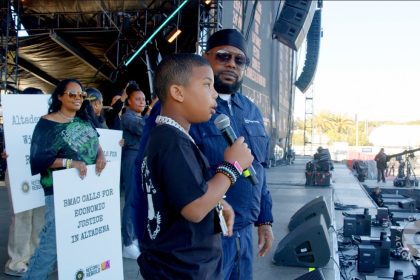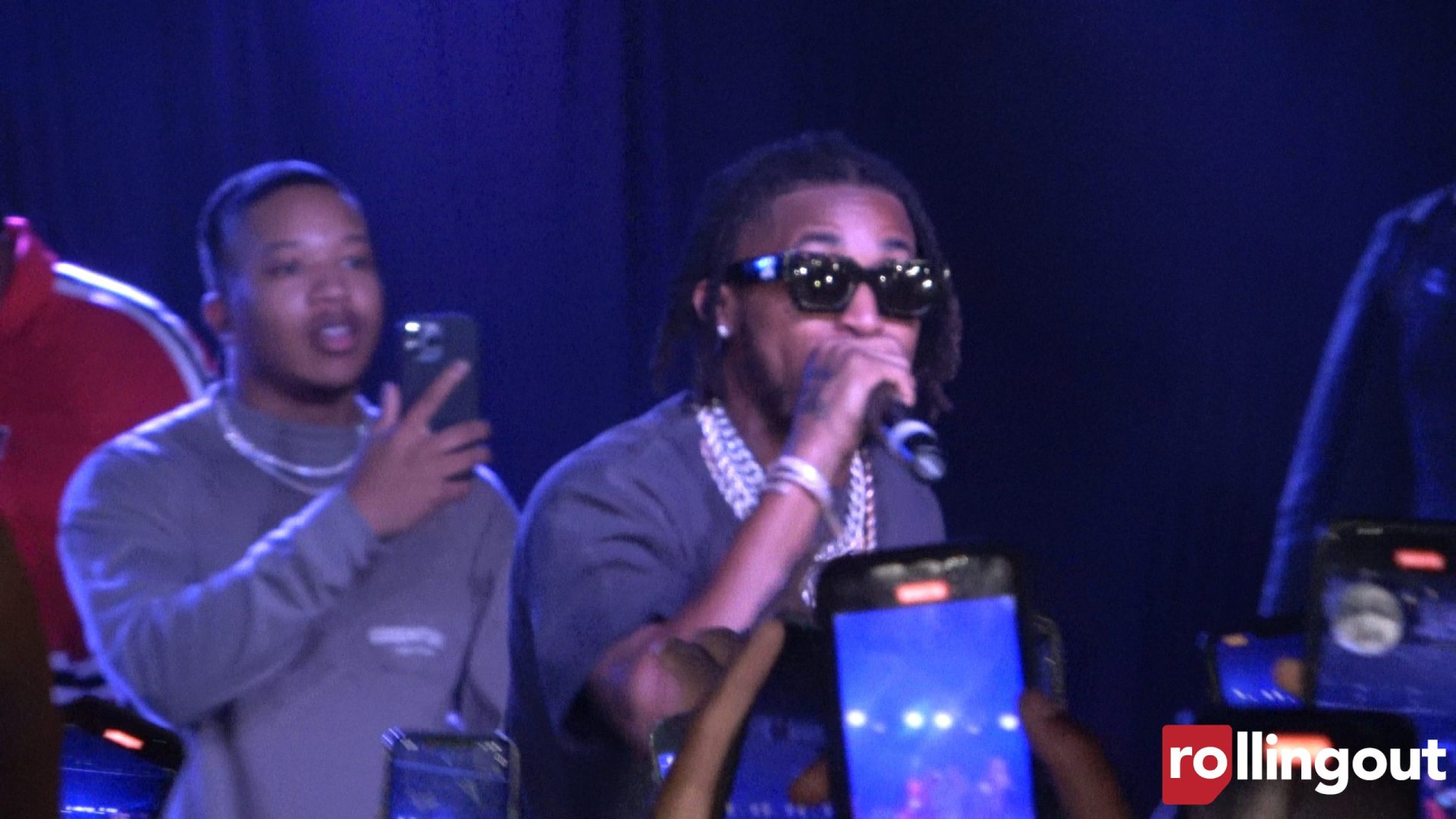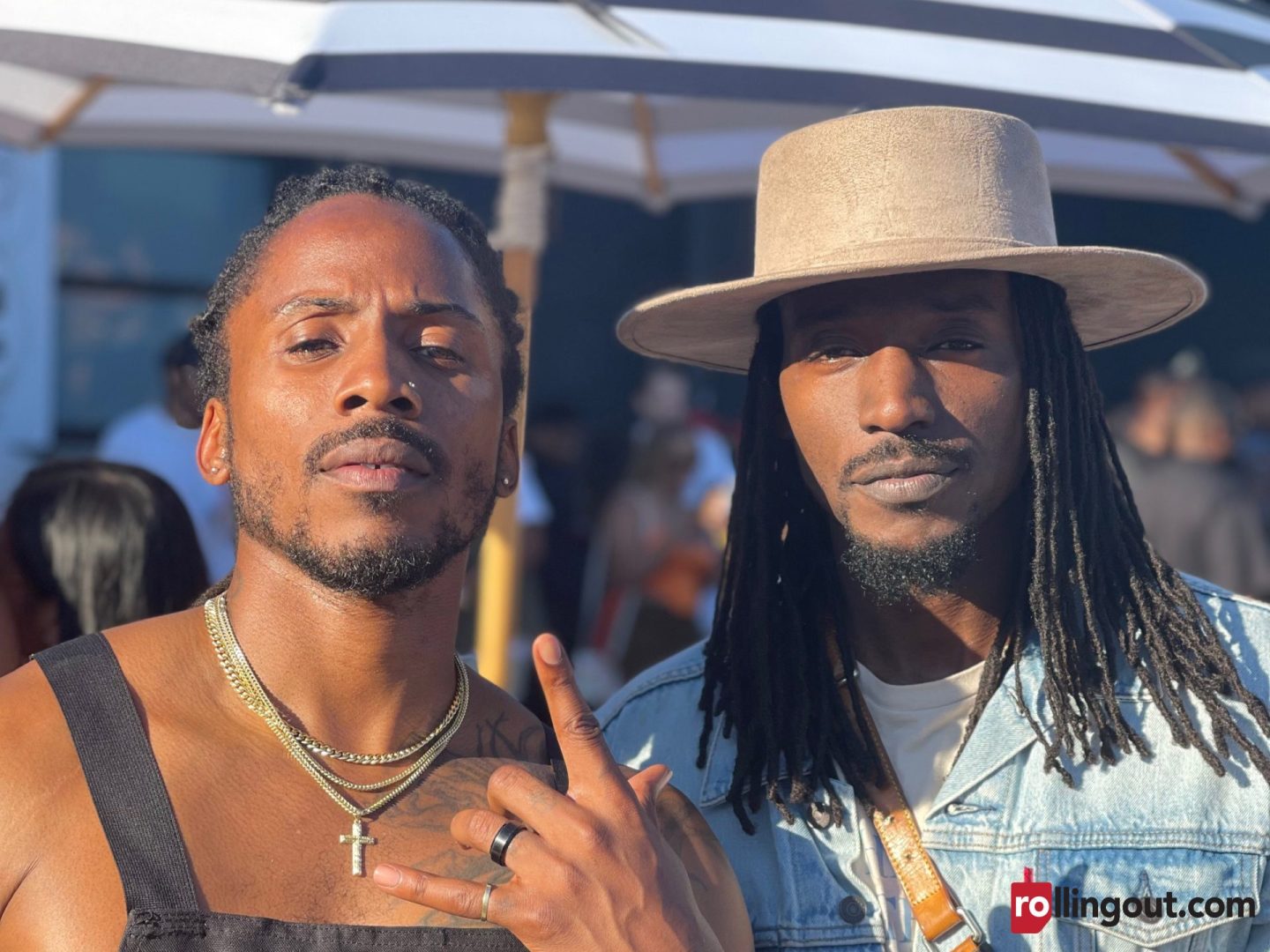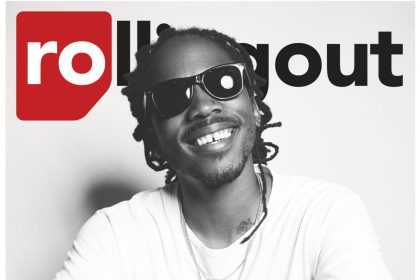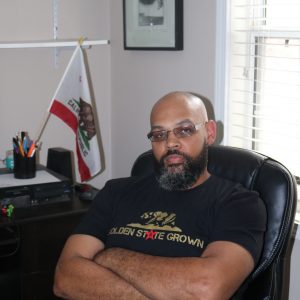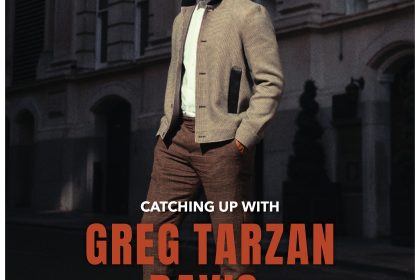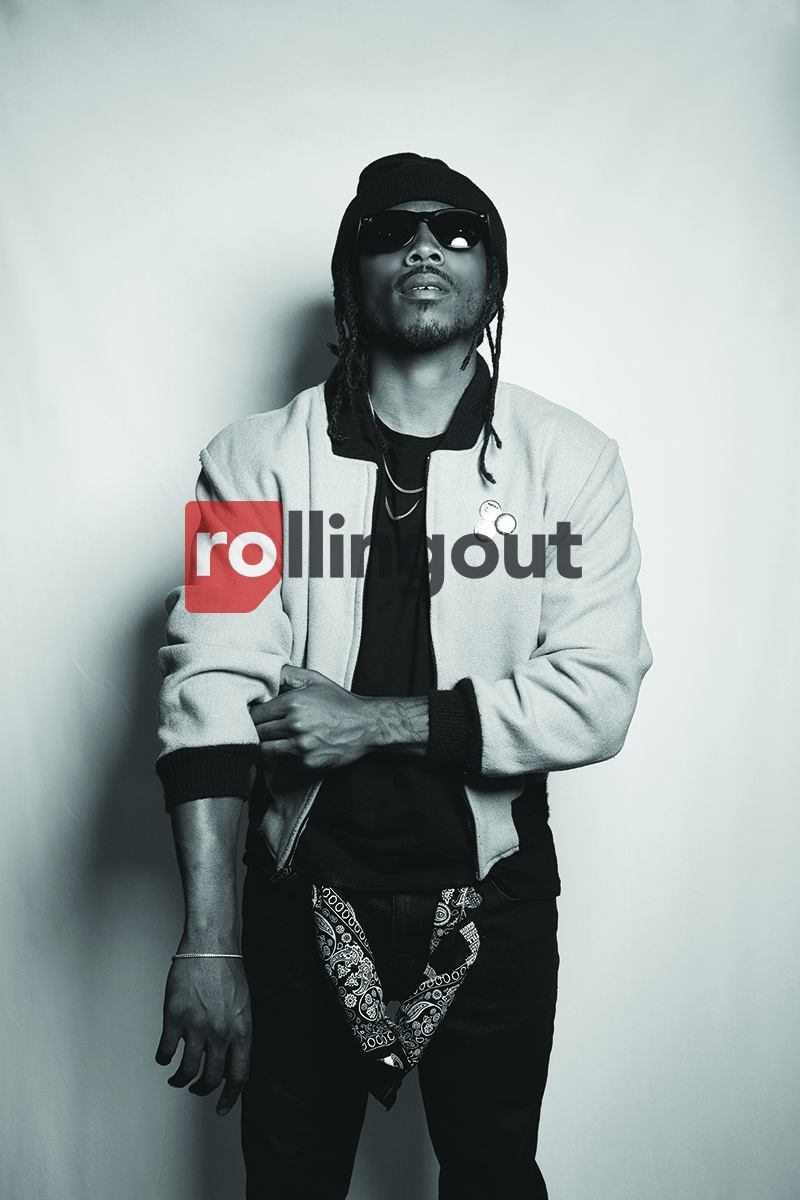
As the NBA resumed its season in what is now affectionately known as “The Bubble,” it did so with a theme song, “Black Habits,” that not only aligns with messaging consistent with the Black Lives Matter movement but also demands excellence from its devout supporters. Months before BLM took center stage in the wake of several police-involved killings of Black men and women, the same track (and album) set the stage for what was expected to be the biggest prizefight of the year — Deontay Wilder vs. Tyson Fury.
Its orator, D Smoke, born Daniel Farris, had only been introduced to the masses the summer before in a grueling reality series competition show, “Rhythm + Flow.” His live performance, however, confirmed he was every bit the seasoned professional and more than ready for the moment. As Black America watched with bated breath, he led a 6-foot-8-inch, Alabama-bred, masked menace into the ring, reminding us all that Black History Month was upon us.
Black magic, Black excellence
Black habits, this black medicine, everything
Black Chucks, black tux, everything, everything…
Despite a night that ended in favor of Wilder’s opponent, the bilingual emcee put the world on notice, unarguably turning in the best performance of the evening. In that moment, it was abundantly clear that his victory was no accident.
I feel divine, it came on time, God never changes
Ain’t gon’ lie, I lost faith and cried, then my faith revived
And as soon as I let go and surrendered to Him my talents
This young king took off like, go, go gadget, there go that … Black magic …
Black tie, black ride, everything, everything
Black pride, black lives, everything (Ah-ah-ah)
That D Smoke made such an announcement during a prizefight was fitting for obvious reasons. As a product of Inglewood, California, he learned early on to either pick up a hobby or be engulfed by the trappings of urban living.
“My brothers and I and the homies, we were into some of everything,” he said. “I was into sports. I played basketball. I would put on the gloves. Us being able to fight was really what got us a pass in the ‘hood because nobody really messed with us. One, because it was [a lot] of us, and two, we would be outdoors. People knew who we was because we grew up over there.”
Continue reading on the next page.

